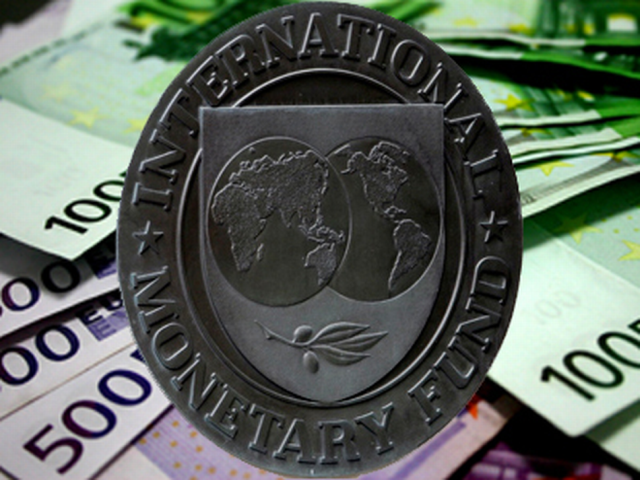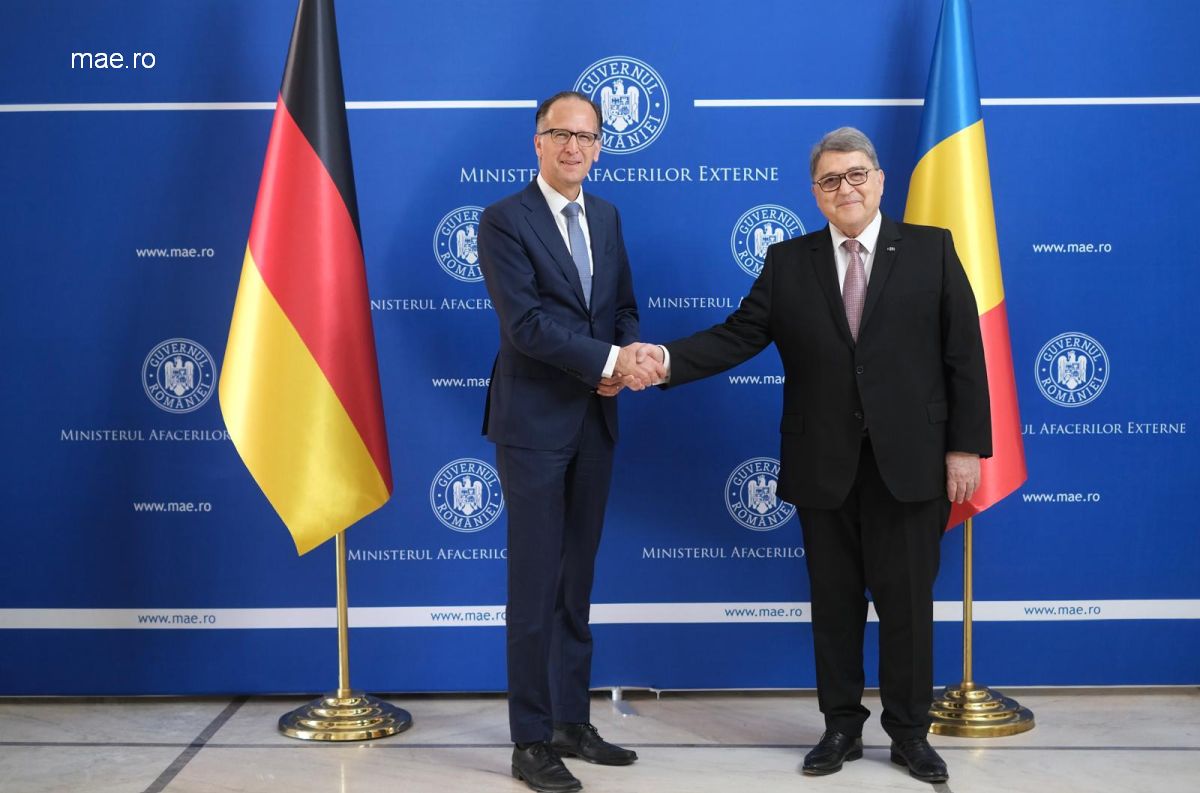Romania’s agreement with the IMF, on schedule
The International Monetary Fund board on Wednesday approved its first and second assessment of an agreement signed with Romania. The Fund will thus make another almost 440 million euros available to Romania, on top of a first installment of 210 million. The total value of the agreement stands at 4 billion euros, which the Romanian authorities say they don’t plan on using, as the agreement is only meant to protect Romania against possible shocks on international markets and help reduce financing costs.

Corina Cristea, 27.03.2014, 13:07
The International Monetary Fund board on Wednesday approved its first and second assessment of an agreement signed with Romania. The Fund will thus make another almost 440 million euros available to Romania, on top of a first installment of 210 million. The total value of the agreement stands at 4 billion euros, which the Romanian authorities say they don’t plan on using, as the agreement is only meant to protect Romania against possible shocks on international markets and help reduce financing costs.
Wednesday’s decision follows an IMF mission to Bucharest at the beginning of February, when the head of the IMF delegation, Andrea Schaechter said Romania had met all established requirements with the exception of the reduction in the debts of state-owned companies in the last quarter of 2013. In response, the Romanian government pledged to cover the debts of railways and road companies in part or in full and declare insolvent or even close down other smaller companies with big losses and debts.
According to the IMF’s First Deputy Managing Director and acting chairman of the board, David Lipton, Romania has made progress under the stand-by agreement, but its economy and finances are still vulnerable to shocks. He says a firm implementation of the agreed programme is essential for maintaining the country’s macro-economic stability in this election year. Lipton believes the budget deficit target for 2014 can still be adjusted and calls for a better absorption of European funds. He recommended Romania to focus on better tax collection and implementing a spending control system.
As far as the fiscal measures are concerned, the government has pledged to assess the efficiency of a temporary VAT cut for bread and bakery products to 9%. The government will also draw up a new system for taxation and evaluation of property and reduce social contributions in the second part of the year.
The fact that two separated assessment reports were discussed at the same time is not unusual. In Romania’s case, this was the result of president Traian Basescu’s refusal to sign the government’s letter of intent because of its provision on introducing an additional excise duty on fuel. Prime Minister Victor Ponta says the new excise duty will be applied as of April 1st, although fiscal measures will be taken to retain the competitiveness of Romanian road carriers and combat unfair competition.






























